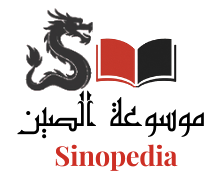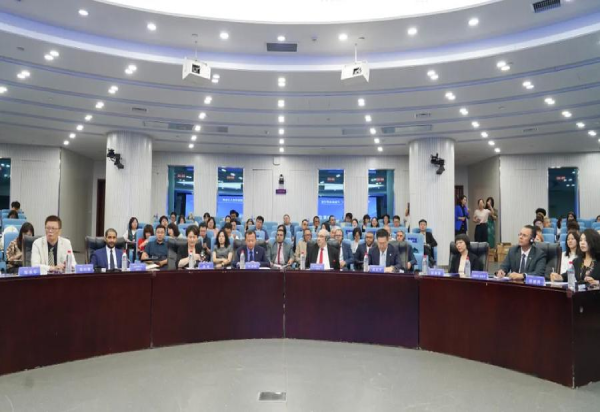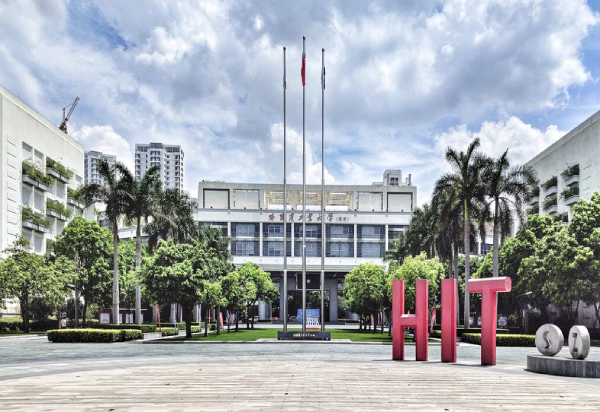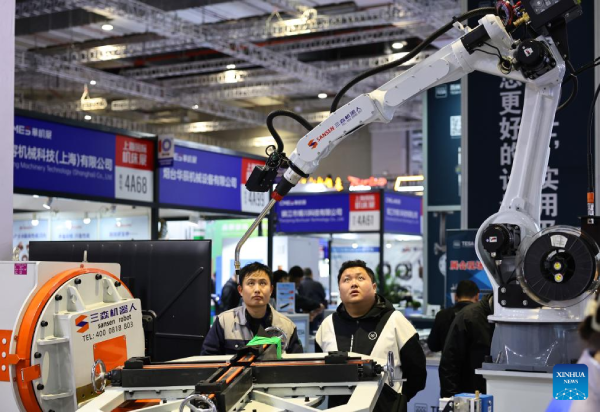Beijing, June 22, 2025 (Xinhua) – A seminar titled “Chinese Language + Tourism: Integrating Education with Industry” was recently held in Beijing, focusing on promoting the integration of education, talent cultivation, and industry, and exploring innovative mechanisms for international cooperation based on Chinese language education and the tourism and cultural sectors.
Hosted by Beijing International Studies University, the event brought together academics and experts in education and tourism from China and Arab countries including Tunisia, Egypt, Morocco, Syria, and Yemen, as well as representatives from universities, companies, and related associations.
Ji Jinbiao, President of Beijing International Studies University, emphasized in his opening speech that the university prioritizes the development of bilingual curricula and teaching resources, and highlighted the importance of strengthening partnerships with enterprises to establish training and employment bases. He also noted the university’s commitment to developing a standardized system for international talent training.
Shi Ru, an official from China’s Ministry of Education, stressed the need to deepen the integration of education and industry through the “Chinese Language + Tourism” model and to enhance international exchange and cooperation. She added that the ministry will strengthen policy support to encourage universities and businesses to build close collaborative mechanisms for education-industry integration.
Xu Jianxiu, a senior official from the Beijing Municipal Education Commission, expressed hope that the seminar would help build greater consensus, deepen cooperation mechanisms, and explore new models for training professionals specializing in “Chinese Language + Tourism,” ultimately contributing to Beijing’s role as a hub for international exchange and enhancing its soft power and global presence.
Jaime Mayaki, Director of Development and International Cooperation at the United Nations World Tourism Organization (UNWTO), praised the concept of “Chinese Language + Tourism” in a video message. He emphasized the importance of forward-looking curriculum design to meet the evolving demands of the tourism market.
Mayaki also highlighted the need for high-quality vocational training, enhanced exchanges between universities and industry sectors, and the implementation of joint research and innovation projects.
The seminar concluded with a consensus among all participants on the importance of continuously innovating cooperation models and expanding areas of collaboration, providing strong momentum to promote global tourism and cultural exchanges, mutual learning among civilizations, and deeper friendship between peoples of all nations.








